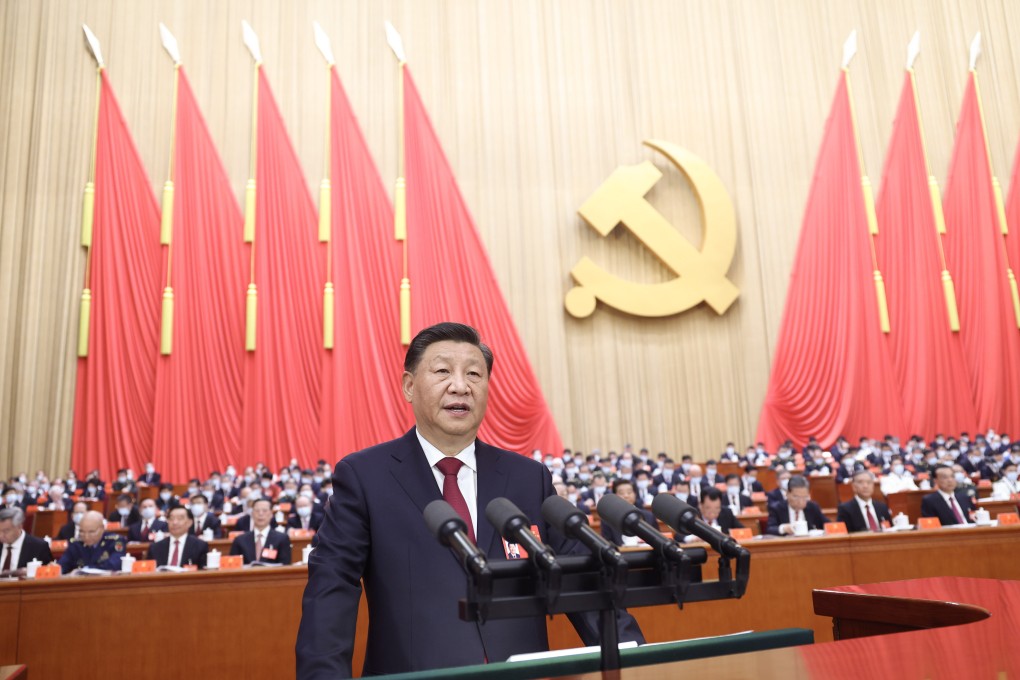The View | How China plans to rise to its economic challenges on the path to modernisation
- To ensure long-term prosperity, China plans to concentrate on innovation, and further reforms and opening up, while working to ensure a stable global order
- For the nearer term, Beijing’s focus will be on stability with practical macro policies to solve current problems and anticipated challenges

First, adherence to the leadership of the Communist Party, which has provided a stable environment for China’s growth. Second, reform has broken down institutional constraints for the development of productive economic forces. Third, openness has allowed China to share its development with the world and enjoy positive feedback.
Judging from the congress’ plans for the nation’s economic and social development, these lessons will continue to be followed, ensuring China’s long-term stable development. But persistence does not mean inflexibility, and neither should we mechanically absorb foreign ideas.
More importantly, policymakers are squarely facing up to the problems emerging in China’s economic development. The 20th congress party report acknowledges “prominent issues and problems – some of which had been building for years and others which were just emerging”.
